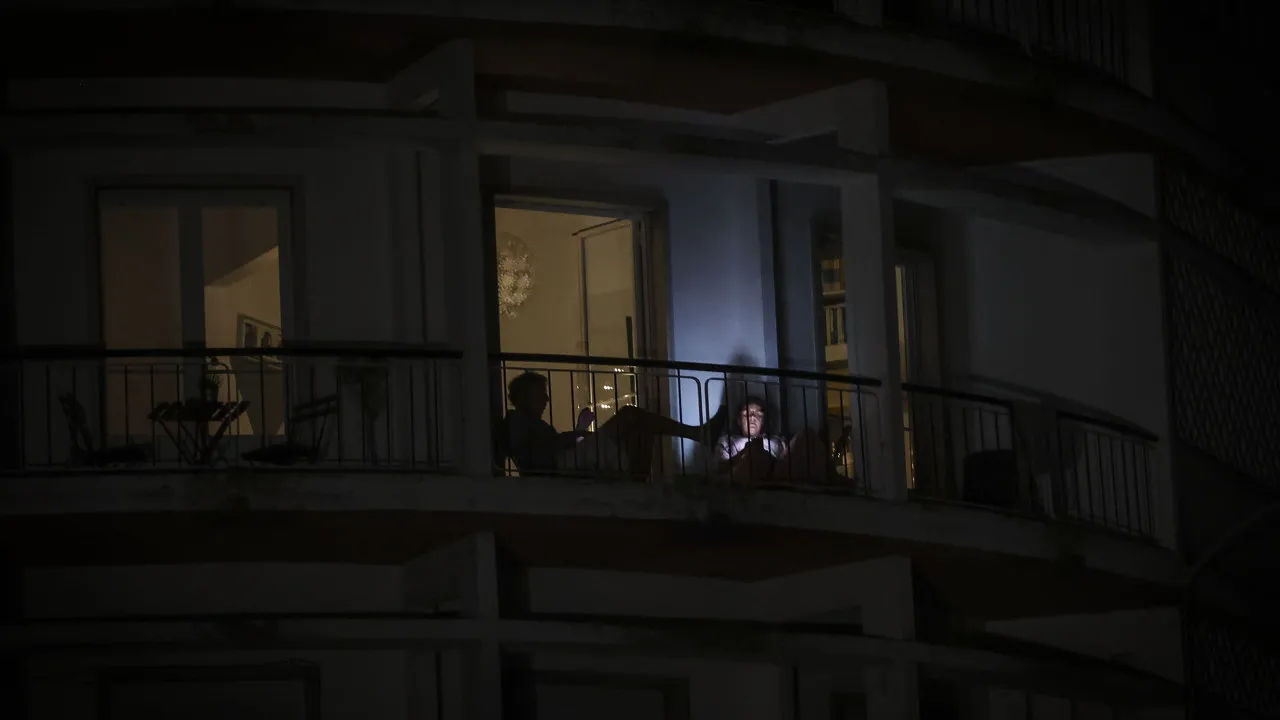
The blackout on April 28 exposed vulnerabilities in the national electricity system, increasing consumers’ perception of risk. Many are expected to seek answers from their suppliers, even if these suppliers had no direct responsibility for the incident, stated João Nuno Serra, president of the Association of Energy Suppliers in the Liberalized Market (ACEMEL), in an interview marking World Energy Day on Thursday.
Asked about the main impacts of the incident that affected Portugal and Spain on the relationship between suppliers and consumers and the demand for green solutions, Serra noted that the event reinforced the role of companies as the first point of contact for end customers.
He added that there has been an “increase in demand for solutions offering greater autonomy and predictability, such as self-consumption systems with batteries or active consumption management services,” aimed at promoting energy efficiency and monitoring electricity consumption.
The demand for solutions with certain types of storage is due to reports that the energy collapse affected families with solar panels connected to the grid, even under full sun, during the blackout.
Experts had explained that for safety, the inverters of photovoltaic modules, which convert direct current to alternating current, suspended energy production. The same happened with most batteries used by consumers for energy storage due to the lack, for example, of a ‘backup box’—a solution that can be activated in case of grid failures.
The president of ACEMEL, representing 20 suppliers, confirms that the demand for green solutions is generally growing but asymmetrically.
“The more informed segments and those with greater economic capacity have been adopting self-consumption and electric mobility. However, for the majority of consumers, clear, comparable, and reliable information is still lacking,” lamented Serra. ACEMEL comprises 20 members, including Aciona, Dourogás, and Audax, excluding companies like EDP, which remains the market leader with over 55% share, despite losing ground.
The self-consumption sector has grown significantly in Portugal, driven by the Self-Consumption Production Units (UPAC), systems allowing individuals and businesses to generate their own electricity. Installed capacity in UPAC increased from 86 megawatts in 2017 to about 1.6 gigawatts in 2024, according to data from the Directorate-General for Energy and Geology (DGEG).
Regarding the current regulatory framework in Portugal, João Nuno Serra believes that despite efforts by the Energy Services Regulatory Authority (ERSE), it remains “excessively complex and sometimes disproportionate for smaller suppliers.”
“This reality results in a significant bureaucratic burden and a market model that still favors historically dominant operators, hindering differentiation and innovation,” he pointed out.
Regarding the liberalization of electricity and natural gas markets, initiated in 1996, Serra acknowledges it was a positive step but argues that full realization is still far off.
“The concentration of market share among few operators, combined with technical and commercial entry barriers, continues to limit genuine competitive dynamism,” he argued, noting that ACEMEL has filed complaints about these “distortions with the competent authorities.”




